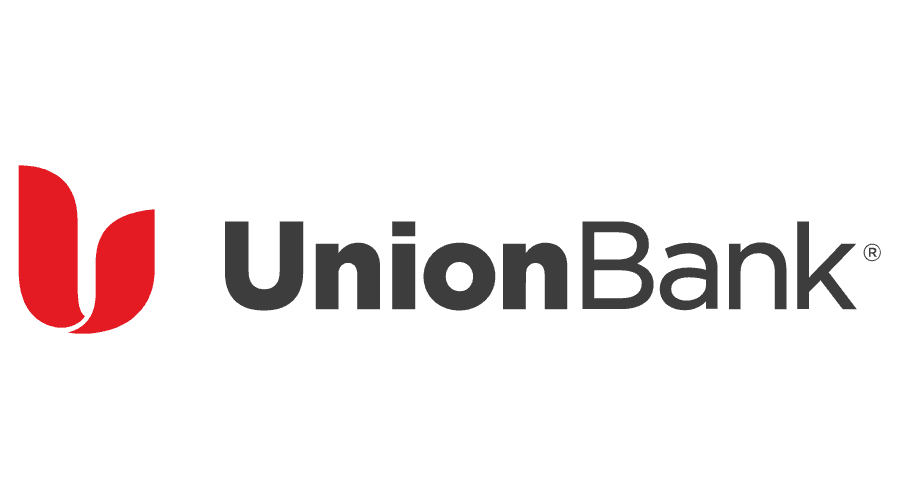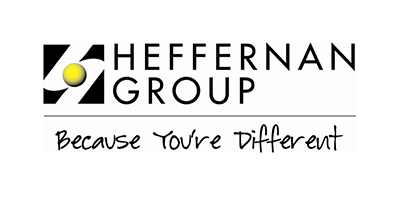When Necessary, Use Words
 Brad Hatton is a realtor who signs ASL and works primarily with deaf clients. He also volunteered at St. Anthony Foundation. Here are some of his thoughts about it.
Brad Hatton is a realtor who signs ASL and works primarily with deaf clients. He also volunteered at St. Anthony Foundation. Here are some of his thoughts about it.
Jesuit Jon Sobrino says, “God is more interested in justice than in sacred rites. God is more in tune with the cry of the oppressed than with the praises of the pious. Actions are what count, not homilies.”
It was the quest for that kind of action that led me to volunteer at St. Anthony’s Dining Room. The orientation alone was enough to ignite my spirit. Our group learned of St. Anthony’s history, the neighborhood, the services provided and policies that would make us an informed group of volunteers.
The Tenderloin consists of more than 20 blocks of residential hotels and apartments with close to 30,000 inhabitants. Many of San Francisco’s homeless people also “hang out” in the Tenderloin, not just because of the services, but because it remains the one area of the city where the homeless feel least likely to be harassed for simply having no where else to go.
On my first day I was assigned to the main Dining Room serving the guests their meals. After they ate, a new group was ushered in to be served. My team leader encouraged us to simply be kind and make eye contact with everyone we served. Before our time was up, we were asked to help ourselves to the food and sit with our guests and share.
As volunteers, we are expected to show unfettered dignity and respect to all who enter the hallowed halls (previously used as a garage for cars) of St. Anthony’s Dining Room. They “firmly believe that all human persons have, as their birthright from the Creator, a remarkable dignity that no one else ever has a right to deny.”
“That is not uniquely Franciscan, Catholic or Christian,” according to the volunteer materials. “It is at the heart of all the world’s great religious traditions and is also the basis for the United Nations’ Universal Declaration of Human rights. Many of our guests and clients feel beaten up by life and their dignity and self-respect have deserted them. In our various services and ministries we try to ‘restore health, hope and human dignity.’ And we welcome you as partners in our work ‘to create a society in which all people flourish.’”
The economic gateway to universal freedoms has had its doors closed by the economic disparity between the rich and poor. It is not easy to bring to light the many injustices that occur within our inner cities. Continual economic, social, and political threats against the marginalized and disadvantaged are playing havoc on their human freedoms.
It takes more than legislation to cure these economic, social, political and cultural woes. It takes a united front to prevent the collapse of a structure that serves its poor. Community building is a key component when it comes to protecting the economic and political interest of the poor.













































